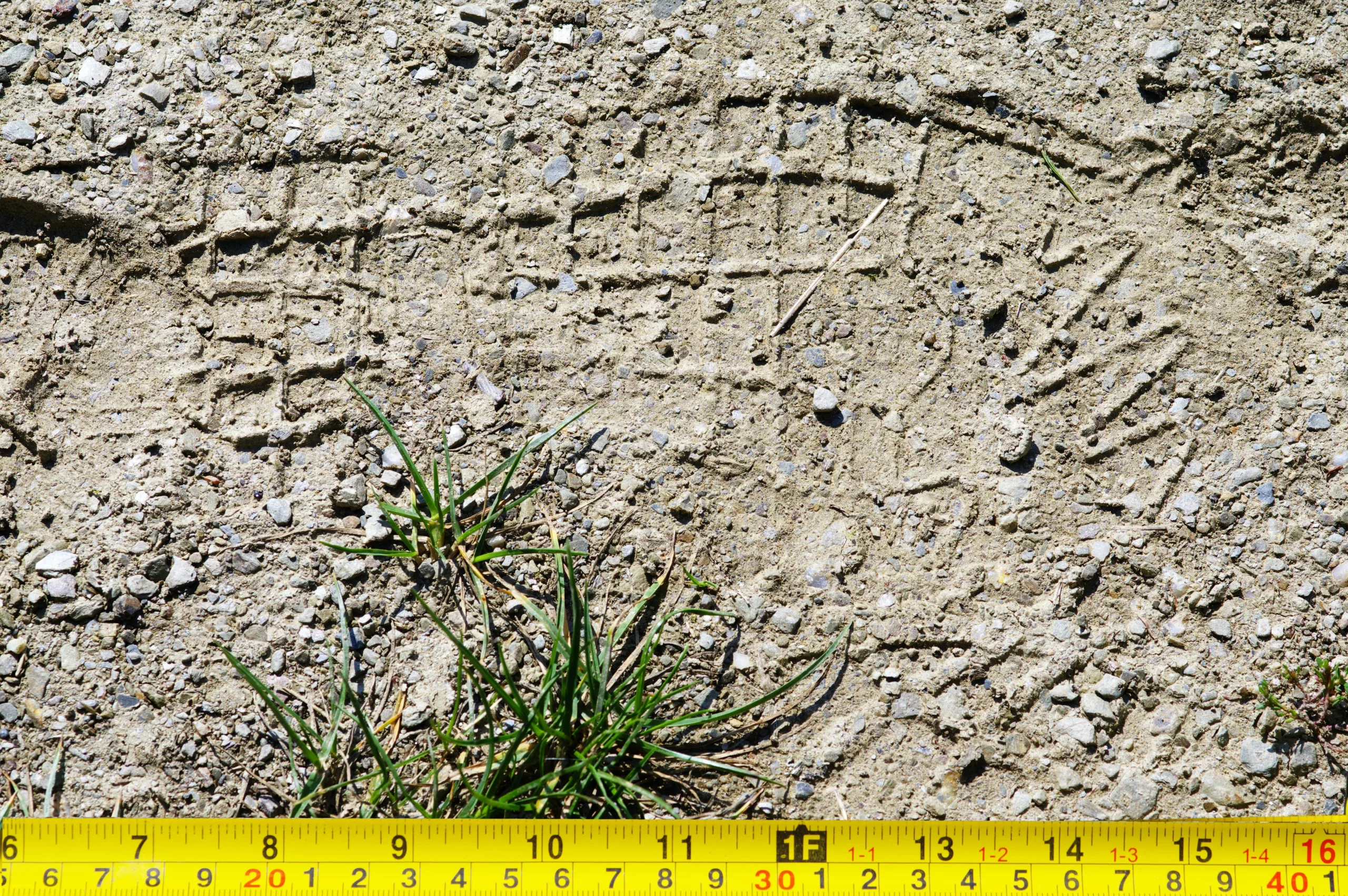CIENCIAS FORENSES
Legal Medicine and its Relationship with Law

por Diego Lacayo-Jaén | Legal Medicine | 4 sept. 2023
Legal medicine is a discipline that combines medicine and law, and is responsible for the application of medical and biological knowledge to the legal field. Its objective is the objective and scientific analysis of the facts and circumstances related to the health and life of people, as well as the medico-legal assessment of the damages they may have suffered.
It is important to highlight that legal medicine has a close relationship with law. Both disciplines complement each other in the process of dispensing justice. The knowledge and experience of medical examiners is of great value to judges and lawyers, as they provide accurate and objective information on medical aspects that are relevant in cases presented in court. In this sense, legal medicine is presented as a key tool to ensure that justice is administered adequately and fairly.
Through the following blog, I will explore the importance of forensic medicine in criminal law, civil law and medical negligence cases. I will analyze how in the criminal field, forensic medicine plays a fundamental role in the investigation of crimes. Additionally, I will elaborate on how the reports are critical in determining the criminal responsibility of defendants.
On the other hand, in civil law, the reports and opinions of medical examiners can be used as evidence in a civil trial and can be decisive for the resolution of the case. Additionally, in medical malpractice cases, medical examiners can evaluate the medical treatment provided to a patient and determine whether a medical error has been made that caused harm to the patient.

CONCEPT OF LEGAL MEDICINE AND ITS RELATIONSHIP WITH LAW
Legal medicine is a branch of medicine that is responsible for the application of medical and scientific knowledge to solve problems related to law. This discipline is based on the principles of medicine, but its scope of application is the legal field.
Forensic medicine and law are closely related. Experts in this branch of science provide valuable information to courts and authorities to substantiate and inform decision-making in judicial cases. In this sense, Law 63 of 2008, which adopts the Criminal Procedure Code in Panama, establishes in its article 406 the importance of legal medicine in the criminal process. This article establishes that, if necessary, expert opinions can be requested from medical examiners for the evaluation of medical evidence and the issuance of opinions in cases that require it.
Legal medicine is mostly known for being applied to the identification of corpses and the investigation of cases of sexual violence, child abuse and gender violence. Legal medicine experts are in charge of carrying out the necessary medical tests to detect injuries and consequences in victims. They are also responsible for collecting forensic evidence and preparing reports and opinions that can be used in judicial processes.
Even so, although this discipline is especially important in criminal law, where the intervention of experts and experts is required for the evaluation of medical evidence in criminal proceedings, this branch of medicine is also applicable to many others. branches of law, such as civil, family, labor, among others.

Figura 1. La medicina legal aplicada a algunas de las ramas del derecho. Elaboración propia.
PRAGMATIC APPLICATIONS OF LEGAL MEDICINE
In the field of civil law, forensic medicine plays a fundamental role in cases related to the health and safety of people. In this sense, experts can determine the cause of death or injuries in cases of traffic or work accidents, which can be of great importance for the resolution of the case.
For example, in the case of a traffic accident, medical examiners can determine the cause of the injuries of the people involved in the accident. They can also establish whether these injuries were caused by the accident or if there are other causes that may have influenced them. In addition, forensic medicine experts can establish the degree of responsibility of each of the parties involved in the accident, which can be decisive for the resolution of the case.
In the workplace, this discipline is also of great importance in the assessment of damages suffered by workers in cases of workplace accidents. Legal medicine experts can determine the severity of the injuries suffered by the worker and the degree of resulting work disability, which can be used as evidence in a civil trial and can influence the compensation the worker receives.
THE ROLE OF LEGAL MEDICINE BEFORE JUSTICE
Citing Carrillo Olmedo (2017),
“It clearly makes us see the role of Medicine and Law before justice as leaders of society in the development and application of laws. Forensic Medicine makes all medical knowledge available to the Judiciary in order to establish the truth, providing the magistrate with the essential elements to correctly appreciate a given situation and pronounce a real judgment.” (p.7)
From the above I can deduce how the reports and opinions of medical examiners are also fundamental evidence in the field of civil law, since they are considered expert evidence that can be decisive for the resolution of the case. These reports usually contain detailed information about the injuries suffered by the affected person, the cause of said injuries and the degree of responsibility of each of the parties involved in the case.
Another important aspect of this scientific field and its relationship with law is the medical assessment of work incapacity and disability. Medical examiners can determine whether or not a person is fit to work in certain jobs, as well as the degree of disability a person may have as a result of an accident or injury. This information can be used by courts to determine the compensation a person should receive for damages suffered.
Forensic medicine is essential for the protection of people's rights, for the well-being of society in general, and for an administration of justice based on truth.
THE EFFECTS OF RESEARCH RESULTS
The relationship between legal medicine and law is close and indispensable in many cases. Forensic medicine provides valuable and objective information that can be decisive in the resolution of legal cases, since forensic medicine experts are responsible for carrying out medicolegal investigations and analyzes to establish the cause and nature of injuries or deaths, as well as as to evaluate the degree of physical or psychological damage to a person.
For example, in domestic violence cases, medical examiners can examine the victim and determine the nature and severity of the injuries sustained. In cases of sexual abuse, forensic experts can collect physical evidence and evaluate the possibility of psychological harm to the victim. In cases of workplace accidents, legal medicine experts can evaluate the degree of injuries suffered and the relationship between the injuries and the work performed.

LEGAL MEDICINE AND MEDICAL NEGLIGENCE
On the other hand, I would like to elaborate on how forensic medicine is of great importance in cases of medical negligence claims. This is because forensic experts can help determine if a medical error has been made that caused harm to a patient. These types of cases can be very complex and require a detailed medicolegal evaluation.
Medical examiners can conduct a thorough investigation to determine the cause of the patient's injuries or illnesses and whether they were caused by medical malpractice. They can also assess whether proper healthcare protocols were followed and whether ethical and professional standards were met. Additionally, medical examiners can provide recommendations to prevent future medical errors and improve the quality of medical care.
In these cases, medical examiners can help establish the doctor's or hospital's liability for harm caused to the patient. They can provide valuable medical information and opinions that can be used as evidence in a trial.
LIABILITY IN CASES OF MEDICAL NEGLIGENCE
The medicolegal evaluation carried out by medical examiners in medical negligence cases can be decisive in the resolution of the case. The information provided by these experts can help establish the doctor's or hospital's liability for harm caused to the patient and may be crucial in obtaining appropriate compensation for the affected patient.
Importantly, medical examiners not only focus on the medical side of these cases, but must also have a solid understanding of the applicable legal framework. They must be able to apply medical and legal principles together to provide a complete and objective opinion on the facts related to the case.

CONCLUSIONS
In short, legal medicine and law work together to guarantee justice in cases that require medical and technical knowledge. In this way, I consider that the relationship between legal medicine and law is essential for the protection of people's rights, for the well-being of society in general, and for an administration of justice based on demonstrable factual facts, in the exact science, and in truth.
Legal medicine is a discipline that is responsible for the application of medical and scientific knowledge in the field of law, and is closely related to the latter.
The relationship between legal medicine and law is fundamental, since legal medicine provides the scientific and technical knowledge necessary to assess the medical aspects of court cases.
Medical examiners are the professionals in charge of assessing the damages suffered by people, and providing reports and expert opinions in cases that require specific medical knowledge.
En el ámbito penal, la medicina legal se utiliza para determinar la causa y la forma de muerte de una persona. También para establecer si hubo delito o no en casos de lesiones o agresiones.
In the civil field, forensic medicine is used to determine the cause-and-effect relationship between the negligent action and the damages suffered by the patient, such as in cases of medical malpractice claims.

References
- Patitó, J.Á. (2000). Medicina Legal (pp. 29-106).
- Carrillo Olmedo, P. M. (2017). Medicina Legal (2a. ed.). Quito, Corporación de Estudios y Publicaciones.
- Ley 63 de 2008. “Que adopta el Código Procesal Penal”. Gaceta Oficial de Panamá N° 26114. Panamá, 29 de agosto de 2008.
- Vargas, E. (2012). Medicina Legal. 4.ª edición. México: Editorial Trillas. (capítulos 1, 2 y 38).
- Takajashi Medina, F. E. (Il.). (2019). Medicina forense. Editorial El Manual Moderno.
- Lomeli, G. M. D. C. (2019). Medicina legal: un estudio en materia penal | Repositorio UNISON.

